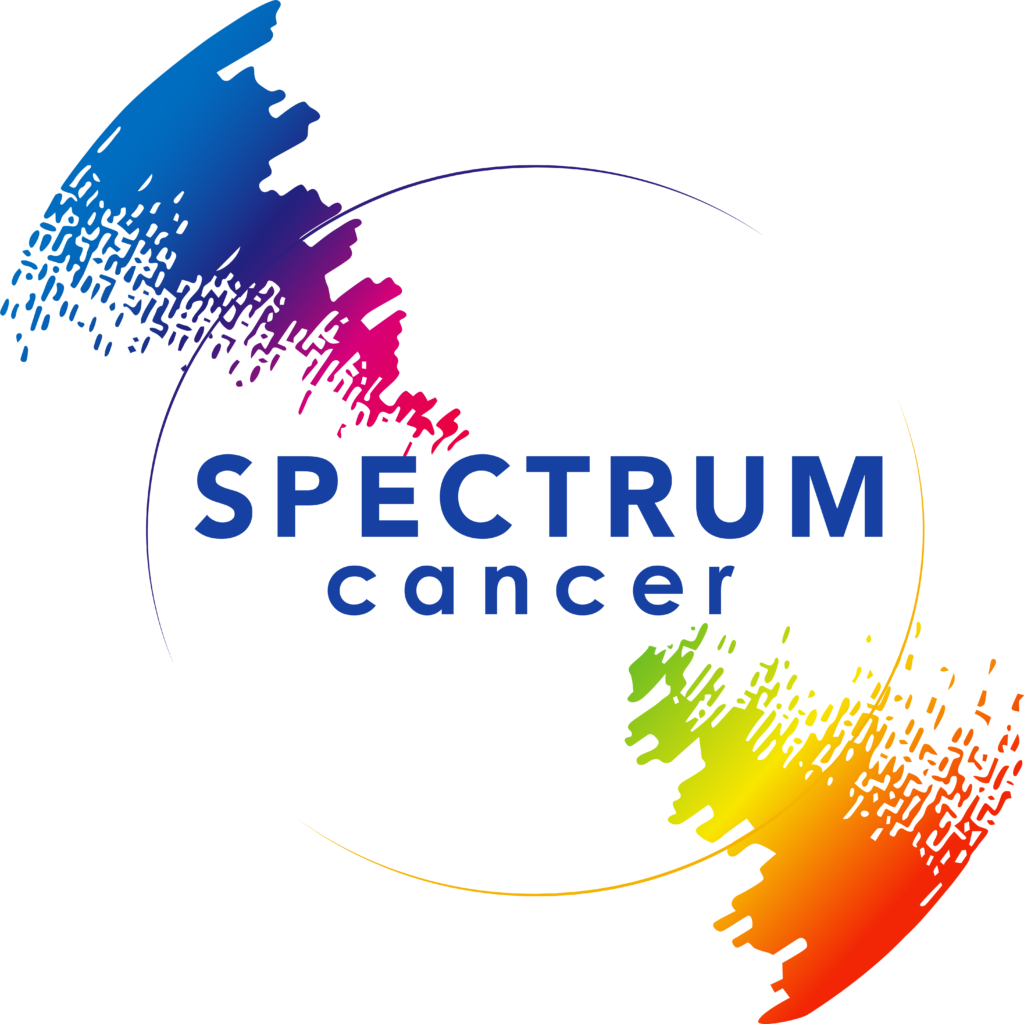Pancreatic Cancer Chemotherapy
Pancreatic Cancer Chemotherapy
INTRODUCTION
CHEMOTHERAPY

Approaches to chemotherapy for pancreatic cancer include:
Neoadjuvant Therapy
Chemotherapy is given prior surgery to shrink the tumor and make it more operable. This may improve the chances of a successful surgical removal of the tumor.
Adjuvant Therapy
Chemotherapy is administered after surgery (adjuvant chemotherapy) to target any remaining cancer cells and reduce the risk of recurrence. This approach is commonly used in used in combination with radiation therapy.
Primary Treatment
Iin cases where surgery is not feasible due to the extent of the tumor or when the patient has advanced pancreatic cancer, chemotherapy becomes a primary treatment to control the growth of the cancer and manage symptoms.
Maintenance Therapy
In some cases, maintenance chemotherapy may be recommended to help control the cancer and prevent its recurrence after an initial response to treatment.
Palliative Chemotherapy
Is administered to alleviate symptoms, improve the quality of life, and extend survival in patients with advanced pancreatic cancer.
How chemotherapy drugs work
Antimetabolites
Are “cytotoxic” drug that kill cells by mimicking molecules that a cell needs to grow. When cancer cells incorporate the chemical in these drugs, they are unable to replicate. 5-fluorouracil (5-FU), capecitabine (an oral 5-FU drug) and gemcitabine are example of an antimetabolite drug which are used commonly for neoadjuvant and adjuvant therapy to treat pancreatic cancer and for treating advanced stage disease.
Antineoplastics
Are among the most effective anticancer treatments developed and are effective against more types of cancer than most any other class of chemotherapeutic agents. The drugs act mainly by intercalating with DNA and interfering with DNA metabolism and RNA production. An example is irinotecan which inhibits topoisomerase I and causes breaks in DNA that cannot be repaired, stopping the growth of cancer cells and other rapidly dividing cells.
Taxanes
Are a diverse class of chemotherapeutic agents which work by stabilization of the microtubules resulting in cell cycle inhibition activating cellular apoptosis pathways. Examples of agents used for pancreatic cancer are paclitaxel and docetaxel.
Platinum agents
Cross-link DNA strands, thereby inhibiting DNA synthesis and function. If the DNA is damaged enough, the cell will undergo apoptosis. Cisplatin and oxaliplatin are examples of a platinum agent used for pancreatic cancer.
Combination chemotherapy
There are several different classes of chemotherapy drugs which are used to treat pancreatic cancer some of which are given orally and others intravenously. These drugs are often used in combination with different chemotherapy drugs to maximize effectiveness either together or sequentially.
Examples of combination chemotherapy regimens include:
- FOLFIRINOX (folinic acid, fluorouracil, irinotecan, oxaliplatin)
- Gemcitabine plus nab-paclitaxel
- Gemcitabine plus capecitabine
Side effects of chemotherapy
Unfortunately, since chemotherapy drugs work at on all cells that grow quickly, other cells besides cancer cells which also have rapid growth can be affected. This includes cells lining the gastrointestinal tract, hair follicles and bone marrow cells. As a result, side effects like nausea, vomiting, diarrhea, hair loss, and low red and white blood cell and platelet counts, The latter can lead to anemia and fatigue, bleeding and bruising, and infections. These side effects are often dose dependent and are often alleviated when the drugs are discontinued.
Targeted Therapy
Targeted therapy for pancreatic cancer involves the use of drugs that specifically target certain molecules or pathways involved in the growth and survival of cancer cells. Unlike traditional chemotherapy, which affects rapidly dividing cells, targeted therapies are designed to interfere with specific abnormalities present in cancer cells while minimizing damage to normal cells. Targeted therapies are an important component of breast cancer treatment, particularly for cancers with specific molecular characteristics. This includes the use of the following therapeutic agents:

EGFR inhibitors
- Epidermal Growth Factor Receptor (EGFR) inhibitors – a class of drugs that target the EGFR, a protein involved in cell growth and division. EGFR is a receptor on the surface of cells that plays a role in signaling pathways promoting cell proliferation and survival.
- Tyrosine Kinase Inhibitors (TKIs) – these drugs block the tyrosine kinase activity of the EGFR. This activity is essential for the receptor’s signaling function.
- Erlotinib – a TKI that is used sometimes to treat pancreatic cancer and is sometimes combined with gemcitabine to treat patients with advanced pancreatic cancer.
PARP Inhibitors
- PARP inhibitors are a class of drugs that target poly (ADP-ribose) polymerase (PARP), an enzyme involved in DNA repair processes. These inhibitors are used primarily in the treatment of certain cancers, particularly those associated with defects in DNA repair mechanisms, such as BRCA mutations. PARP inhibitors work by blocking the activity of PARP enzymes, leading to the accumulation of DNA damage in cancer cells. This accumulation of damage can be particularly lethal to cancer cells that already have impaired DNA repair mechanisms.
- Some pancreatic cancers involve alterations in the cells pertaining to either BRCA1 or BRCA2.
- The PARP inhibitor olaparib has been studied in advanced pancreatic malignancies and demonstrated to shrink tumors or slow disease progression.
NTRK inhibitors
- NTRK inhibitors are a class of drugs that target neurotrophic receptor tyrosine kinase (NTRK) gene fusions or rearrangements. NTRK genes (NTRK1, NTRK2, and NTRK3) encode for tropomyosin receptor kinases, which play a role in the growth and development of nerve cells. Abnormal fusions or rearrangements of NTRK genes can result in the formation of oncogenic fusion proteins, contributing to the development and growth of certain cancers.
- While not common, some pancreatic cancer cases have mutations for one of the NTRK genes.
- Larotrectinib and entrectinib both target NTRK gene fusions. These drugs only work if a NTRK gene fusion is present in the tumor. Identification of such genetic alterations is done through genetic testing of the patient’s tumor.
Immunotherapy
A newer approach to treating pancreatic cancer is the use of immunotherapy. This approach leverages the body’s immune system to augment its ability to detect and destroy cancer cells. Immune checkpoint inhibitors are the currently the only type of immunotherapy that is currently approved for the treatment of colorectal cancer. These drugs turn on an individual’s immune system to attack tumors.
Immune Checkpoint Inhibitors
Immune checkpoints are a component of the body’s immune system which prevent an immune response from destroying healthy cells. When these checkpoints bind with T cells and proteins on other cells, they turn the function of the T cell off and prevent the T cell from killing the cell. Immune checkpoint inhibitors block checkpoint proteins from binding proteins on cancer cells, keeping the T cell active and enabling it to kill cancer cells. Immune checkpoint inhibitors are typically used in patients with pancreatic cancer whose tumors are inoperable, whose cancer has recurred or has metastasized to another part of the body.

Studies have shown that checkpoint inhibitors work best in patients who have certain genetic changes such as a high level of microsatellite instability (MSI). MSIs are regions of repeated DNA bases (microsatellites) when mismatch repair is not working properly or there are defects in one of the mismatch repair (MMR) genes.
Mismatch repair (MMR) deficient cells usually have many DNA mutations, which may lead to cancer. This is most often found in patients with colorectal cancer, gastric cancer, and endometrial cancer, but can also be found in many other types of cancer. Knowing whether a cancer has microsatellite instability can help identify potential treatment options.
Immune checkpoint inhibitors currently indicated for the treatment of pancreatic cancer:
- PD-1 inhibitors are drugs that target PD-1, a specific protein on T cells that keep these cells from attacking other cells in the body. By blocking PD-1, these drugs boost the immune response against cancer cells.
- Pembrolizumab is a PD-1 inhibitor indicated for the treatment of pancreatic cancer patients with unresectable or metastatic microsatellite instability-high (MSI-H) or mismatch repair deficient (dMMR) tumors.








